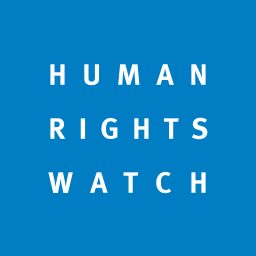Surveillance:
India
Will the coronavirus crisis inevitably result in an expansion of the surveillance state in India?
Drone data to play a part in a lockdown exit strategy
Balkans
COVID-19 pandemic adversely affects digital rights in the Balkans
United States
EARN IT bill is the government's not so secret plan to scan every message online
Tested positive coronavirus health workers may share your address to police
ACLU white paper shows the limits of location tracking in an epidemic
Lebanon
What the Lebanese government can do to respect users' privacy while fighting COVID-19
Access:
United States
Can we all agree now that internet access is a necessity?
India
Kashmir's internet shutdown is preventing people from getting coronavirus information
Political Oppression:
Egypt
Now the Sisi regime has arrested Alaa's family for protesting coronavirus conditions in his prison #FreeAlaa
India
Will the coronavirus crisis inevitably result in an expansion of the surveillance state in India?
Drone data to play a part in a lockdown exit strategy
Balkans
COVID-19 pandemic adversely affects digital rights in the Balkans
United States
EARN IT bill is the government's not so secret plan to scan every message online
Tested positive coronavirus health workers may share your address to police
ACLU white paper shows the limits of location tracking in an epidemic
Lebanon
What the Lebanese government can do to respect users' privacy while fighting COVID-19
Access:
United States
Can we all agree now that internet access is a necessity?
India
Kashmir's internet shutdown is preventing people from getting coronavirus information
Political Oppression:
Egypt
Now the Sisi regime has arrested Alaa's family for protesting coronavirus conditions in his prison #FreeAlaa






